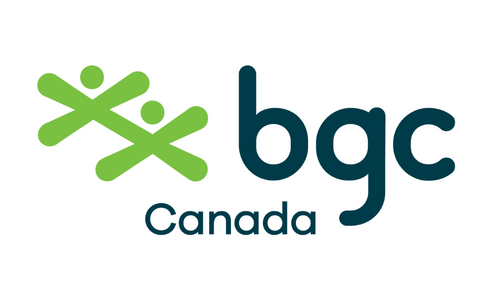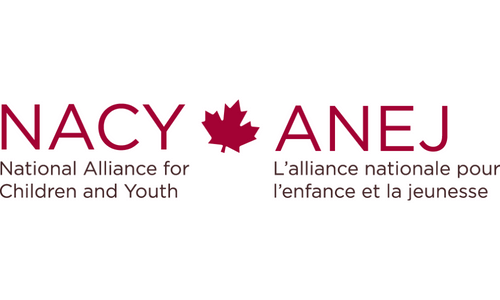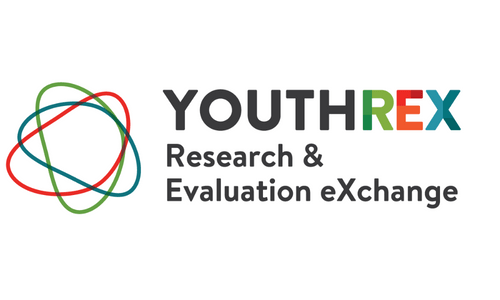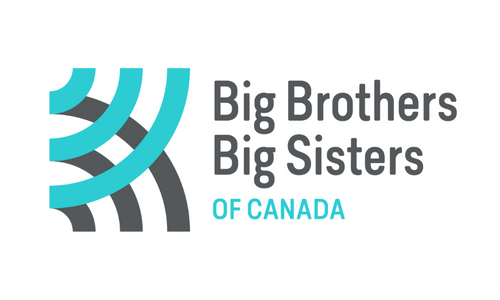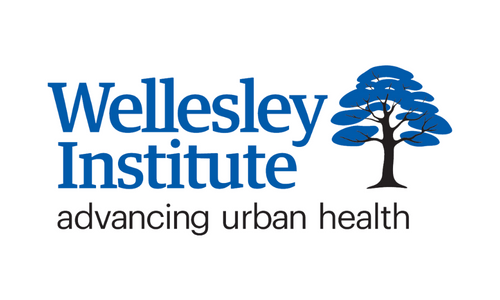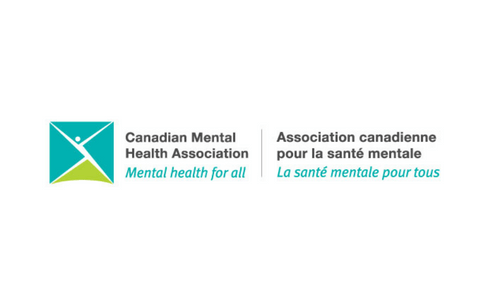Youth and the dedicated workers supporting them are struggling – and the pandemic has only exacerbated this. A Statistics Canada report shows youth are the least likely among all age groups to report good mental health– and saw the most significant drop in self-reported mental health since the pandemic[1]. Only 42% of youth report their mental health as excellent or very good[2]. At the onset of the COVID-19 pandemic, demand for Kids Help Phone’s services more than doubled. By the end of 2020, Kids Help Phone served young people 4.6 million times across all its services – an increase of 137% over pre-pandemic volume. That sustained increase in demand has continued, with Kids Help Phone serving young people 4.7 million times nationally in 2021[3].
Systemic discrimination also affects the mental health of many young people, including: Indigenous youth, racialized youth, 2SLGBTQ+ youth, youth with disabilities, and newcomer and immigrant youth. Systemic discrimination can lead to trauma or intergenerational trauma[4] and also impact access to care and the outcomes of care[5]. Young people, racialized youth, and 2SLGBTQ+ youth may face additional barriers to accessing mental health supports, such as: not knowing where to go; not having affordable access; or feeling judged by others[6].
Many front-line workers are also struggling with their own mental health and experiencing burnout, including front-line staff working with children and youth where the impact is disproportionately high. Despite this, only one-third of employees have access to programs to prevent burnout[7], and only one-third say they would feel comfortable talking to their supervisor about mental health issues[8]. Without additional support for front-line staff in programs, youth will be unable to receive the highest quality of care.
Investing in mental health services will not only support youth and front-line staff now – but will also have long-term impacts into the future. When children and youth have access to early intervention and prevention programs, they carry those skills with them throughout their lives – reducing the likelihood of needing intensive mental health supports later in life. An international study published in the British Medical Journal in 2022 found that the return on investment for every $1.00 spent on preventing and treating mental illness in adolescents has $23.60 of health and economic benefits within the economy[9].
The government has committed to ensuring mental health supports are accessible to children and youth as they recover from the impact of the pandemic; and to invest in mental health interventions for people disproportionately impacted by COVID-19, including health care workers, front-line workers, seniors, Indigenous people, and Black and racialized Canadians[10], through its mandate letters. We, as members of the child and youth mental health sector and its stakeholders, call upon the federal government to invest in the mental health of youth and the front-line workers who support them – and continue to invest in mental health at COVID-19 funding levels. This should include, clear equity targets to ensure youth are not being left behind:
- Progress towards ensuring every youth can access evidence-based, culturally safe and responsive community-based mental health programs, including health promotion and mental illness prevention programs, early intervention programs, peer support, self-guided mental health skills building, and social and emotional learning. This access must be free, timely, high-quality, and equitably available.
- Funding to organizations for front-line staff working with children and youth to access Mental Health First Aid Training so staff can better support the mental health of youth in their programs.
- Prioritize the roll out of the Community Services Recovery Fund (CSRF) and consider further funding within this program to support the mental health of the child and youth workforce, including providing livable wages and benefits, peer support program, and access to formal mental health services with a focus on evidence-based supports.
- Continue to support virtual care and service providers who can help to fill gaps in the system – when there are wait lists, between appointments, and in parts of the country where there are no community services.
All of the recommendations above should be coordinated with significant investments to address the social determinants of health, including significant new investments in poverty reduction and ensuring all youth have access to affordable, adequate, and healthy housing, and opportunities for employment and training.
Non-profit organizations, including those listed below, would be pleased to be consulted and provide input and recommendations on the design and implementation of these investments. We look forward to continuing working with the government to support youth mental health.
—
[1] https://www.statcan.gc.ca/o1/en/plus/907-youth-mental-health-spotlight-again-pandemic-drags
[2] https://www150.statcan.gc.ca/n1/pub/45-28-0001/2020001/article/00003-eng.htm
[3] https://kidshelpphone.ca/publications/kids-help-phone-seeks-indigenous-volunteers-to-meet-demand
[4] https://www.canada.ca/en/public-health/services/health-promotion/population-health/what-determines-health/social-determinants-inequities-black-canadians-snapshot.html
[5] https://www.ncbi.nlm.nih.gov/pmc/articles/PMC8056965/
[6] https://static1.squarespace.com/static/5f31a311d93d0f2e28aaf04a/t/62cc4207f8adaf29d4a4bc15/1657553415951/07July22_Which+Canadians+Are+Not+Accessing+Support_V3%282%29.pdf
[7] https://static1.squarespace.com/static/5f31a311d93d0f2e28aaf04a/t/61e59ce735bb7b247057299d/1642437865230/Long+Form+EN+Final+-+MHRC+PHS+Report.pdf
[8] https://static1.squarespace.com/static/5f31a311d93d0f2e28aaf04a/t/61e59ce735bb7b247057299d/1642437865230/Long+Form+EN+Final+-+MHRC+PHS+Report.pdf
[9] https://gh.bmj.com/content/7/6/e007759
[10] https://pm.gc.ca/en/mandate-letters/2021/12/16/minister-mental-health-and-addictions-and-associate-minister-health
